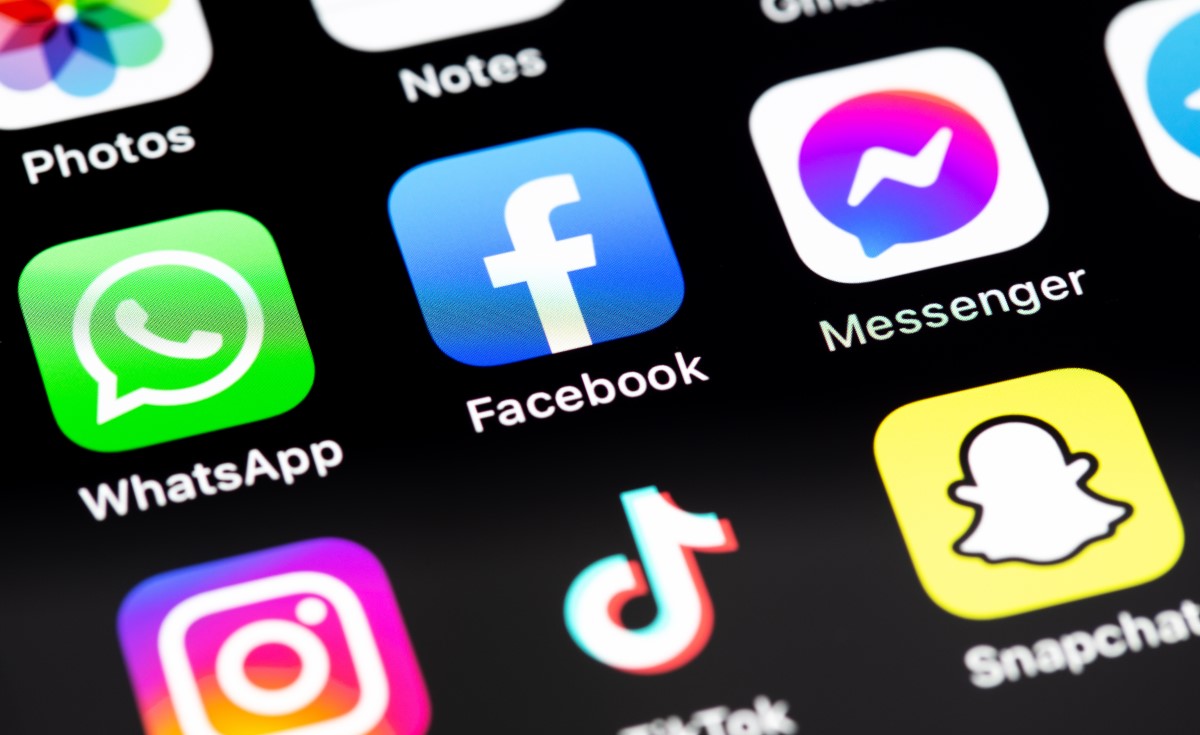Consumers use social media extensively to learn about, investigate, and exchange information on various brands and products. Social networking sites were the primary source of information for 60% of consumers who conducted product research across several internet sources. Customers are expressing their brand devotion on social media, and many get paid by companies to help them market their goods.
See Also: Different Types of Performance Appraisal Systems
The desire of consumers to serve as brand ambassadors and supporters on social media is a new trend. Some customers who post product evaluations online say they do it to give credit to the business. These firms are enlisting the help of their followers and fans to spread the word about their goods and services.
Incorporating social media branding into a larger marketing plan is natural and essential. It enables businesses to engage with consumers and build their brands.
Here are the impacts of social media on branding and marketing:
Influence on Brand Awareness
Social media provides businesses with a wide range of possibilities for growth through social media campaigns, promotions, and advertisements. Social media networks aim to gain a brand’s attention and engage people on behalf of businesses.
It helps if you consistently persuade your clients that they can have confidence in your products and brand. This will increase brand recognition, which requires dedicated efforts over a lengthy period of time. Openness to various social media websites will enable businesses to connect with numerous social media audiences and provide the main projection. Contents serve as a mirror to reflect an expert’s image.
Social Media Influence on Website Traffic
Social media is where the majority of people now spend a lot of their time. According to a website, there were approximately 3.6 billion social media users globally in 2020; this number is projected to rise to approximately 4.41 billion by 2025. Because of this, it is the ideal social platform for generating traffic for your website.
If used effectively, it can significantly increase a website’s traffic. Information can be shared using social media in a variety of formats, including text, photos, videos, podcasts, infographics, charts, etc. Therefore, businesses can increase website traffic.
Social Media Influence on Brand Loyalty
Since we all agree that keeping clients is more economical and successful than obtaining new ones, all marketers concur that their perfect client is someone who is devoted. Consumers who are devoted to a certain brand will choose that brand’s goods above competing brands. Building trust between businesses and customers results in brand loyalty. The most important factor in social media marketing influence is brand loyalty, which encourages consumers to make repeat purchases, which increases sales and encourages customer recommendations.
Social Media Impact on Customer Service
Customers frequently publish a variety of questions and issues on social media platforms like Twitter and Facebook. Customer service has changed as a result of social networking. Customers prefer to ask questions online rather than speak with call center agents. They choose to post about their issues with linked items on social media in the hopes of getting prompt assistance from the company.
Brands won’t ever let social media damage their reputation. As a result, they will respond to customer inquiries immediately. This effort would not only benefit the customers but also show how accommodating the businesses are to their wants and demands.



















